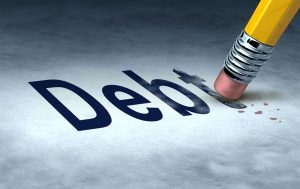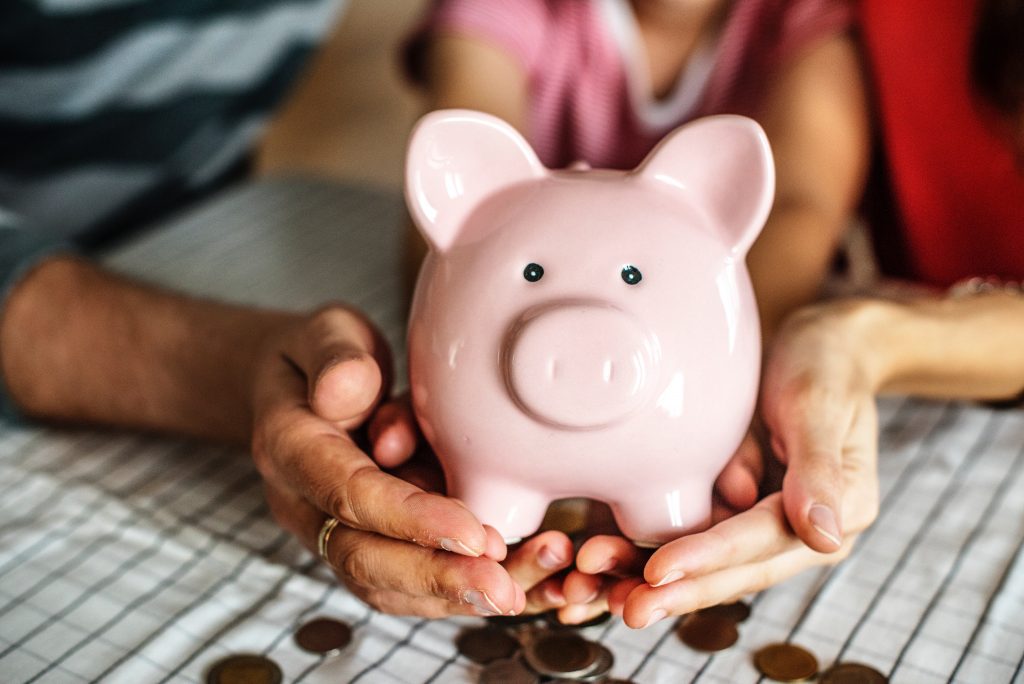Life can throw unforeseeable circumstances at people. The coronavirus is a prime example of how unexpected things in life can happen. Unfortunately, some times when life throws a curveball, it can impact an individual’s financial situation. Some individuals see this happen to them when they lose their job, get sick, or get divorced. Individuals should be aware of warning signs signaling they may need financial help.

Let’s take a look at 10 warning signs that suggest you may need to seek financial help:
- You have no savings.Living expenses can be high. Individuals without savings run the risk of falling into debt as soon as something unexpected happens. If an individual loses their job or gets sick and doesn’t have savings, they could end up in a financial disaster.
- You don’t know the amount of debt you owe. Everyone who takes out credit card debt, personal loans, or any other kind of debt should know how much they owe. Individuals who don’t know how much they owe will keep taking out more debt irresponsibly. Individuals can easily pull a copy of their credit report to find out how much they owe to ensure they aren’t taking out debt they can’t pay.
- You carry a balance on your credit cards. Credit card companies try to entice people to charge things on their credit cards. However, having a revolving payment can cause individuals to end up in a financial mess. Individuals who end up losing their income end up falling behind on these payments. As soon as individuals fall behind on their payments credit cards charge high interest and fees. Individuals should pay off their debt each month in full to ensure this doesn’t happen.
- Your Credit Cards are maxed out or near there limit. individuals who only make the minimum payment so they can keep charging on their credit cards each month can end up in a bad financial situation. Individuals should keep their credit usage at under 30% of the allowable limit. Anything more can impact an individual’s credit score.
- You use credit cards or cash advances to pay your bills. Individuals who do this end up paying more fees in the long run. Cash advances can have high-interest rates which make the debt harder to pay off in the future.
- You make late payments on your bills. This is usually an early sign that an individual is likely to end up in financial hardship. Making late payments on bills leaves a negative mark on a credit report. Late payments reported to the credit bureaus stay on a credit report for 7 years. Moreover, late payments end up leaving individuals with higher payments due to penalties and fees.
- You are considering a debt settlement program or debt consolidation program. Individuals considering these types of programs may end up in an even worse situation. Individuals who are thinking of taking out more debt to pay off their debt, or working with a company should speak with a lawyer first. Individuals who sign up for a debt settlement program and shouldn’t be in one, end up wasting thousands of dollars to end up in the same financial situation. Individuals should speak with a lawyer before signing up for any of these programs.
- You withdraw money out of your 401(k) or retirement accounts. Individuals who end up wiping out their retirement accounts to pay off debt often end up in a bad situation. It is never a good idea to wipe out a retirement account to pay off credit cards. Pulling from a retirement account can lead to high penalties and interest. Individuals using their retirement funds to stay afloat often find themselves in the same position after wiping out their retirement accounts. Individuals considering this should speak with a bankruptcy lawyer, credit card debt can be wiped out in bankruptcy without wiping out a retirement account.
- You apply for balance transfers and personal loans to pay off debt. Individuals who are taking out more debt, when they can’t afford the debt they already have, end up in a financial mess. Balance transfers end up adding more debt for individuals who couldn’t already afford the debt they owed.
- You spend more than what you take in each month. Individuals who end up with a negative cash flow each month should seek financial assistance immediately. If individuals are behind on their utilities because they spend on other items, this can end up being a huge problem.
What if I am having a problem with My Debt?
Individuals who are struggling with their debt, should identify where the problem is coming from and seek financial help. The worst thing individuals can do is allow their debt to keep piling up while doing nothing. Individuals who can’t pay their debt and allow it to go to debt collection will eventually face lawsuits, garnishments, bank levies, and foreclosures from their lenders. A judgment can stay on a person’s record for 20 years! That’s a long time.
What Debt Relief Options Do Individuals Have Available to Help them
Some options that individuals have available to them are:
Speak With a Lawyer
Individuals struggling financially should speak with a bankruptcy lawyer who can guide them in the right direction. Bankruptcy lawyers can provide individuals with an insight into what debt relief options are available for them. As soon as these warning signs are available indiviudals should seek financial help.
Karra L. Kingston Esq. helps individuals struggling to pay their debts every day. For a free consultation, you can contact Karra L. Kingston at (973)-979-9078. Karra L. Kingston Esq. has been helping individuals get out of debt and start over for many years. Karra serves Staten Island, New York, and New Jersey.
